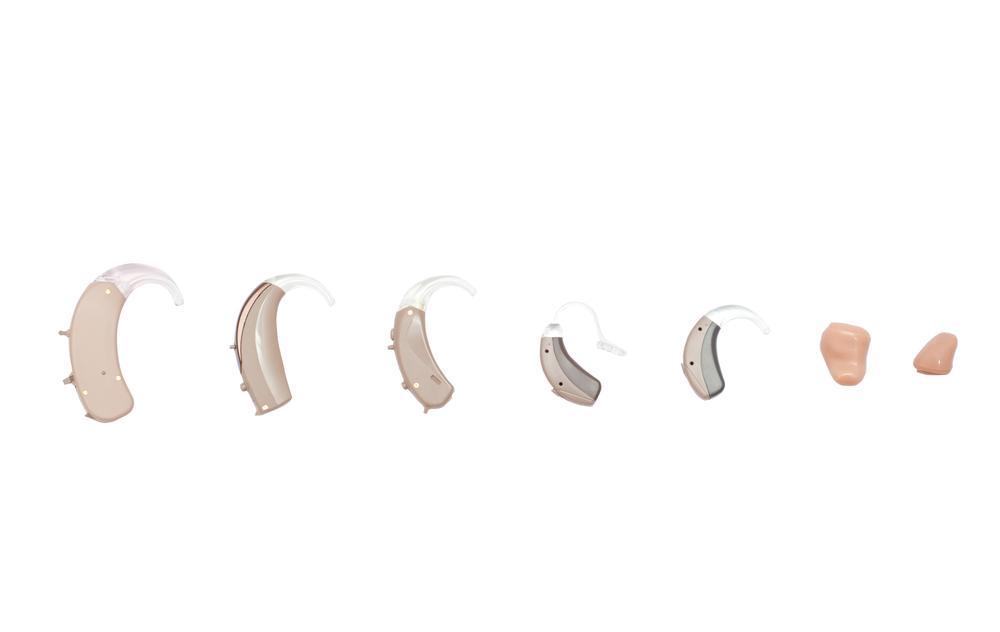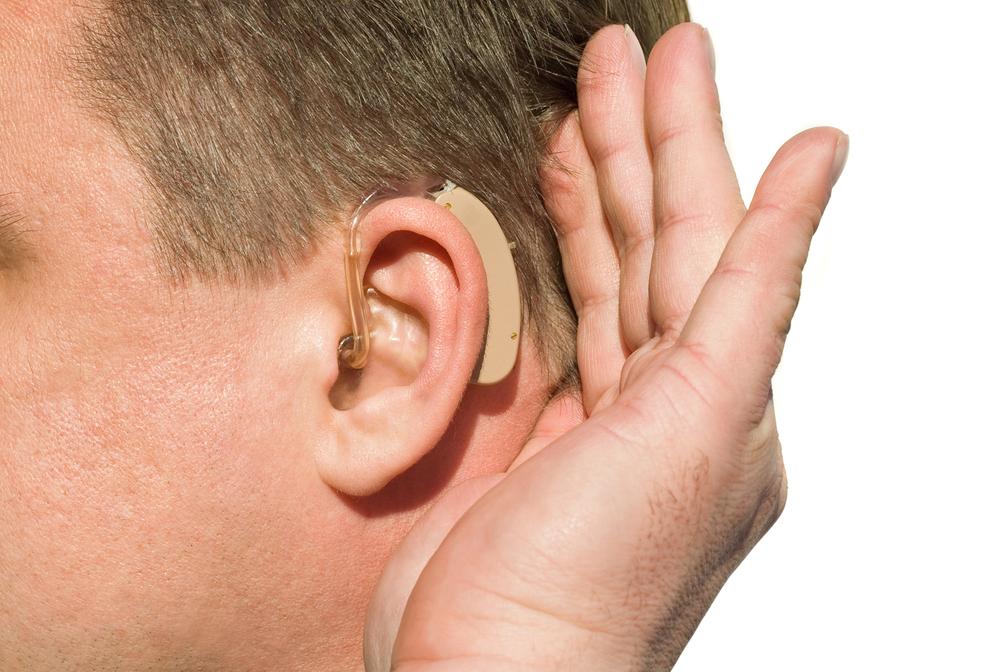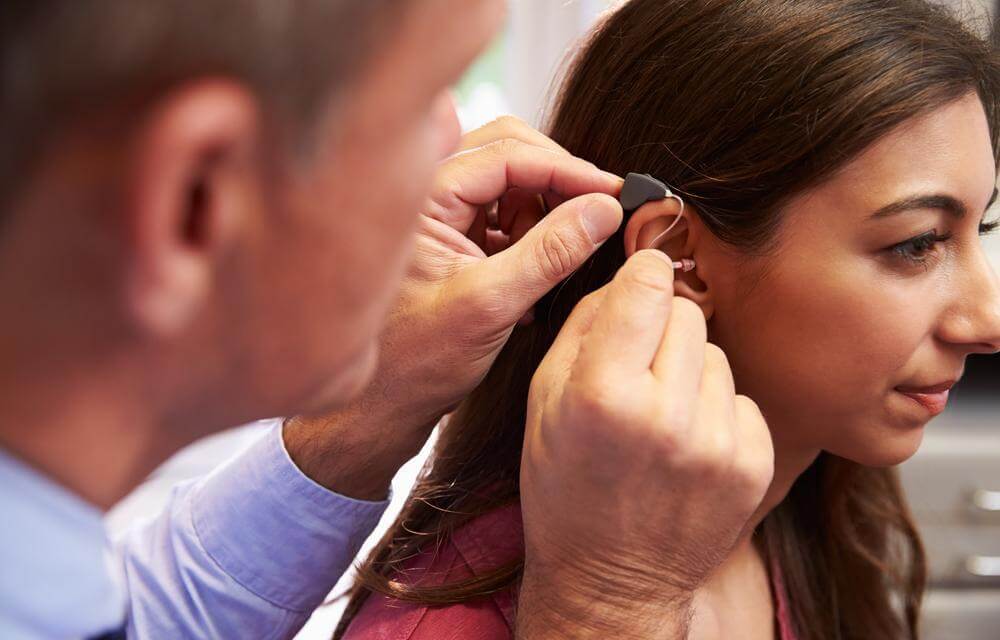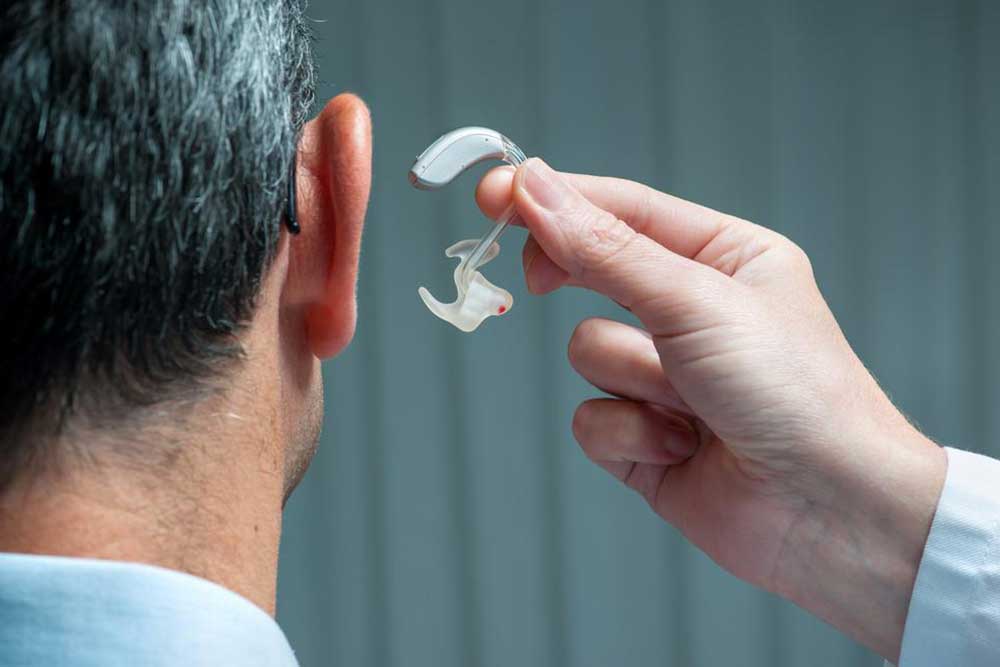Essential Tips for Choosing the Perfect Hearing Aid
Learn how to choose the ideal hearing aid with our comprehensive guide. Discover factors like device types, essential features, user ratings, and cost considerations to make an informed decision. Whether for mild or severe hearing loss, this article provides expert tips to improve your hearing experience and quality of life.
Sponsored

Key Considerations When Selecting a Hearing Aid
With approximately 48 million individuals experiencing some degree of hearing impairment nationally, many are seniors. Studies link hearing loss to other health issues such as reduced memory, concentration problems, depression, and dementia, significantly affecting seniors' quality of life. Fortunately, modern hearing aids offer effective solutions. Advances in technology have resulted in compact, user-friendly devices. However, with numerous options available, choosing the right hearing aid can be challenging.
To assist in your decision, here are critical factors to evaluate when shopping for hearing aids:
Type of Hearing Aid
The appropriate device depends on the severity of hearing loss. An audiologist can recommend the best option. For mild loss, in-the-canal models may suffice, while moderate cases might require in-the-ear designs. Severe loss often necessitates behind-the-ear or receiver-in-canal devices. Ensure your chosen model has essential features and good customer ratings.
Key Features
High-quality hearing aids include features that enhance hearing comfort and clarity. Notable features to consider include:
Telecoil - Enables wireless communication with compatible telephones and public address systems, improving understanding for moderate to severe loss.
Directional Microphone - Focuses on sounds from the front, reducing background noise for clearer speech in noisy settings.
Feedback Suppression - Mitigates high-pitched whistling sounds often caused by device dislocation or proximity to phones.
Digital Noise Reduction - Minimizes ambient sounds to improve speech comprehension and listening comfort.
Modern models may also feature wax guards, wireless connectivity, battery indicators, auto/manual volume controls, data logging, and direct connection options for electronic devices. Some premium devices incorporate Bluetooth for music streaming and call management from smartphones.Customer Ratings
With numerous models available, reviews and ratings are invaluable. Check user feedback to gauge performance, comfort, battery life, and affordability. Reputable manufacturers like Phonak, ReSound, Starkey, Widex, Signia, Oticon, and others often have higher-rated products based on user experiences.
Pricing
Hearing aids typically range from $3,000 to $8,000, with prices climbing over time. Medicare generally covers diagnostic tests but not the devices themselves. Veterans Administration benefits, nonprofit programs, or health savings accounts (HSAs) and flexible spending accounts (FSAs) can help offset costs.






